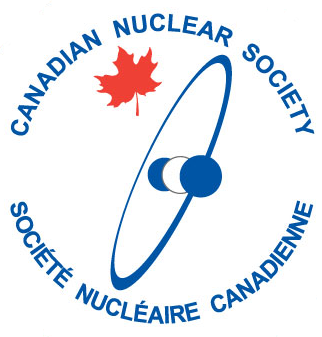
- This event has passed.
The Deep Geologic Repository – Why it is important and what you can do to help. A lunch and learn with the Nuclear Waste Management Organization
May 23, 2023 @ 12:00 pm – 1:00 pm
In 2024 the NWMO will select a site for a Deep Geologic Repository, an enormous step forward for Canada’s plan to dispose of Used Nuclear Fuel. It’s an important project for the industry, and Laurie Swami, President of the NWMO has asked for our help.
But what is the project, how is it progressing, what are the challenges, and how can we all help? Join us on May 23 rd 2023, from 12:00pm – 1:00pm for a virtual lunch and learn provided by the NWMO, in which they will answer those questions and any other questions you may have. Hosted by Neil Alexander and presented by Mark Gobien of the NWMO, this is your opportunity to get a full update on the project.
This event is free to CNS members and to the public. Please join us for the event and invite any colleagues, friends or members of your community that you think would benefit from learning about this project. You can join the event using this link.
The Canadian Nuclear Society is an independent, not for profit, scientific society of individuals with an interest in nuclear power in Canada, with the objective of promoting the exchange of technical information on all aspects of nuclear science and technology and its applications.
The Nuclear Waste Management Organization is responsible for designing and implementing Canada’s plan for the safe, long-term management of used nuclear fuel. The plan, known as Adaptive Phased Management, requires used fuel to be contained and isolated in a deep geological repository. It also calls for a comprehensive process to select a site with informed and willing hosts for the project. Mark Gobien is the Section Manager, Safety Assessment Models in the Safety and Technical Research department at the Nuclear Waste Management Organization. He holds a BSc in Physics from Queen’s University and in 2018, attended the World Nuclear University Summer Institute program in South Korea. Mark has 15 years of experience at the NWMO conducting postclosure safety assessments, developing safety assessment tools and models, and managing technical work programs. Currently, he is the project lead developing a next-generation system model for postclosure safety assessments.
